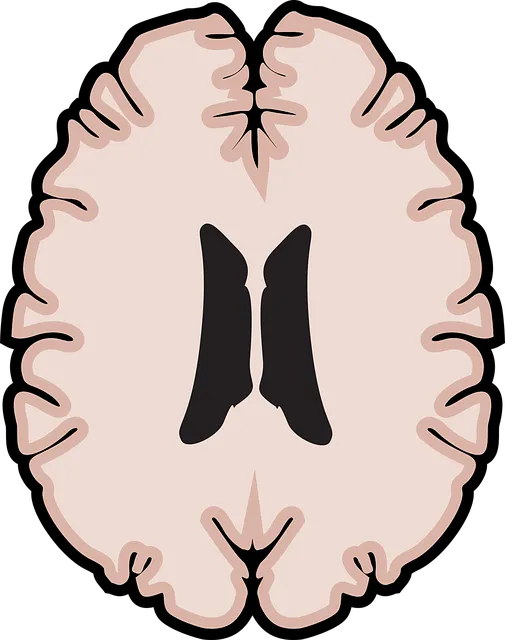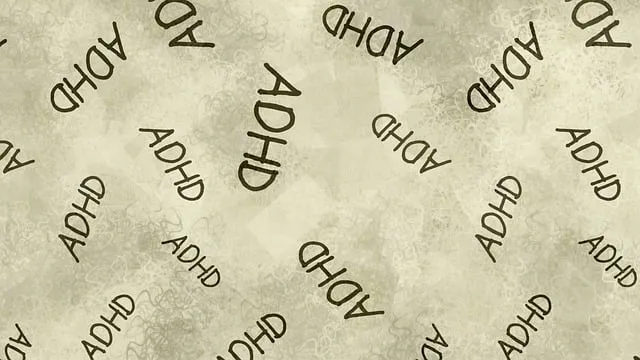Mental Health Education is a powerful tool for building supportive communities, reducing stigma, and encouraging early intervention. Accessible resources like the Westminster Kaiser Permanente psychiatry phone number play a crucial role in public awareness campaigns that foster open dialogue about mental well-being. These campaigns, leveraging diverse media formats, personalized messaging, and digital platforms, break down stigma by highlighting daily impacts of mental health issues. By sharing real-life stories and offering immediate support, they empower individuals to proactively recognize and address mental health concerns. Evaluating campaign impact through metrics like reach, engagement, and recall ensures continuous improvement in fostering positive emotional experiences and community well-being.
Public awareness campaigns play a vital role in educating communities about mental health, breaking down barriers, and fostering supportive environments. This comprehensive guide explores strategies for developing impactful initiatives, focusing on key aspects like education, engagement, technology integration, and evaluation. Learn from expert insights to enhance outreach efforts, ensuring messages resonate with diverse audiences. Discover how innovative tactics, such as digital tools, can broaden reach, while understanding the importance of addressing stigma. For personalized guidance, contact the Westminster Kaiser Permanente psychiatry team via phone for professional support.
- Understanding Public Awareness: The Role of Education in Mental Health
- Designing Effective Campaigns: Strategies for Engaging Audiences
- Overcoming Barriers: Addressing Stigma and Misconceptions
- Utilization of Technology: Digital Tools for Reach and Impact
- Measuring Success: Evaluation Metrics for Public Awareness Campaigns
Understanding Public Awareness: The Role of Education in Mental Health

Mental health is a vital aspect of overall well-being, and raising public awareness about it is essential for fostering supportive communities. Education plays a crucial role in this process, as it empowers individuals to recognize mental health issues, reduce stigma, and seek appropriate help. By integrating Mental Health Education Programs Design into public awareness campaigns, we can create a culture that promotes open conversations about mental well-being. This approach is particularly significant in diverse communities, where cultural sensitivities and unique challenges may exist.
Westminster Kaiser Permanente psychiatry phone number serves as a resource for individuals seeking specialized care. However, prevention should always be the focus, and public awareness campaigns can play a game-changing role in this regard. Through creative strategies, we can educate folks on recognizing early signs of depression and other common mental health disorders. By doing so, we enable people to take proactive measures, ensuring they receive the necessary support before conditions escalate. Ultimately, these efforts contribute to a healthier and more resilient society.
Designing Effective Campaigns: Strategies for Engaging Audiences

Designing effective public awareness campaigns requires a deep understanding of the target audience and leveraging creative strategies to engage them meaningfully. One key approach is to embrace Mind Over Matter Principles, focusing on how mental health impacts daily life, rather than just listing symptoms. This narrative shift can foster Empathy Building Strategies between audiences and individuals facing emotional healing processes, breaking down stigma and promoting understanding.
Incorporating diverse media formats, from compelling storytelling to interactive online platforms, ensures that campaigns resonate with varied demographics. Personalized messaging, tailored to different age groups and cultural backgrounds, enhances impact. For instance, leveraging the Westminster Kaiser Permanente psychiatry phone number as a resource point in these campaigns can provide tangible support, encouraging individuals to seek help without hesitation.
Overcoming Barriers: Addressing Stigma and Misconceptions

Overcoming barriers to mental health awareness is a crucial step in fostering open dialogue and seeking support. Stigma and misconceptions often act as formidable obstacles, leading many individuals to hide their struggles or avoid reaching out for help. Through targeted public awareness campaigns, it’s possible to challenge these societal norms. By utilizing various communication channels, including digital platforms, social media, and community events, we can educate the public about mental health conditions, dispel myths, and promote empathy.
One effective strategy is to showcase real-life stories of individuals who have successfully navigated their mental health challenges. These narratives can humanize complex issues, encourage understanding, and inspire hope. Additionally, integrating resources like the Westminster Kaiser Permanente psychiatry phone number into awareness materials empowers people to take immediate action if needed. Educating the public about available support services, crisis intervention guidance, and conflict resolution techniques is essential in breaking down barriers and fostering a culture of care and resilience.
Utilization of Technology: Digital Tools for Reach and Impact

In today’s digital era, public awareness campaigns have embraced technology as a powerful tool to reach broader audiences and significantly enhance their impact. Online platforms offer unprecedented opportunities for spreading mental health awareness, especially when it comes to sensitive issues like mental illness stigma reduction efforts. By utilizing digital tools, organizations can transcend geographical boundaries and connect with individuals who may otherwise be hard to reach. This approach is particularly relevant in addressing the unique challenges faced by diverse communities.
For instance, integrating emotional intelligence concepts into online campaigns can foster understanding and empathy, contributing to a more supportive environment for those struggling with mental health issues. Moreover, digital platforms enable real-time interaction, allowing mental health professionals like those at Westminster Kaiser Permanente psychiatry phone number to engage directly with the public, dispel myths, and offer valuable insights. This interactive nature is crucial in conducting effective risk assessment for mental health professionals, ensuring they are equipped to handle diverse client needs within a digital context.
Measuring Success: Evaluation Metrics for Public Awareness Campaigns

Evaluating the success of public awareness campaigns is paramount to understanding their impact and identifying areas for improvement. Metrics such as reach, engagement, and recall are essential indicators of a campaign’s effectiveness. By measuring how many people are exposed to the message, how actively they engage with it, and whether they retain that information over time, organizers can gain valuable insights. For instance, tracking calls to action, like contacting a mental health hotline (e.g., Westminster Kaiser Permanente psychiatry phone number), can reveal the direct impact of an emotional well-being promotion technique.
Additionally, evaluating resilience building and emotional regulation components through surveys or feedback forms allows for a deeper understanding of participants’ perceived changes in their mental health and coping abilities. These qualitative and quantitative methods combined provide a comprehensive assessment of campaign success, ensuring that resources are allocated efficiently and that the focus remains on fostering positive emotional experiences and enhancing overall community well-being.
Public awareness campaigns play a pivotal role in shaping societal perceptions, especially regarding mental health. By combining education, innovative strategies, and technological advancements, we can effectively address stigma and misconceptions. As demonstrated by successful initiatives like those supported by organizations like Westminster Kaiser Permanente, engaging audiences through targeted messaging and accessible resources is key. Remember that ongoing evaluation and adaptation are essential to ensure these campaigns have a lasting impact, such as the positive outcomes seen through their psychiatry phone services. Through collaborative efforts and data-driven approaches, we can foster a more inclusive and supportive environment for mental health discussions.






